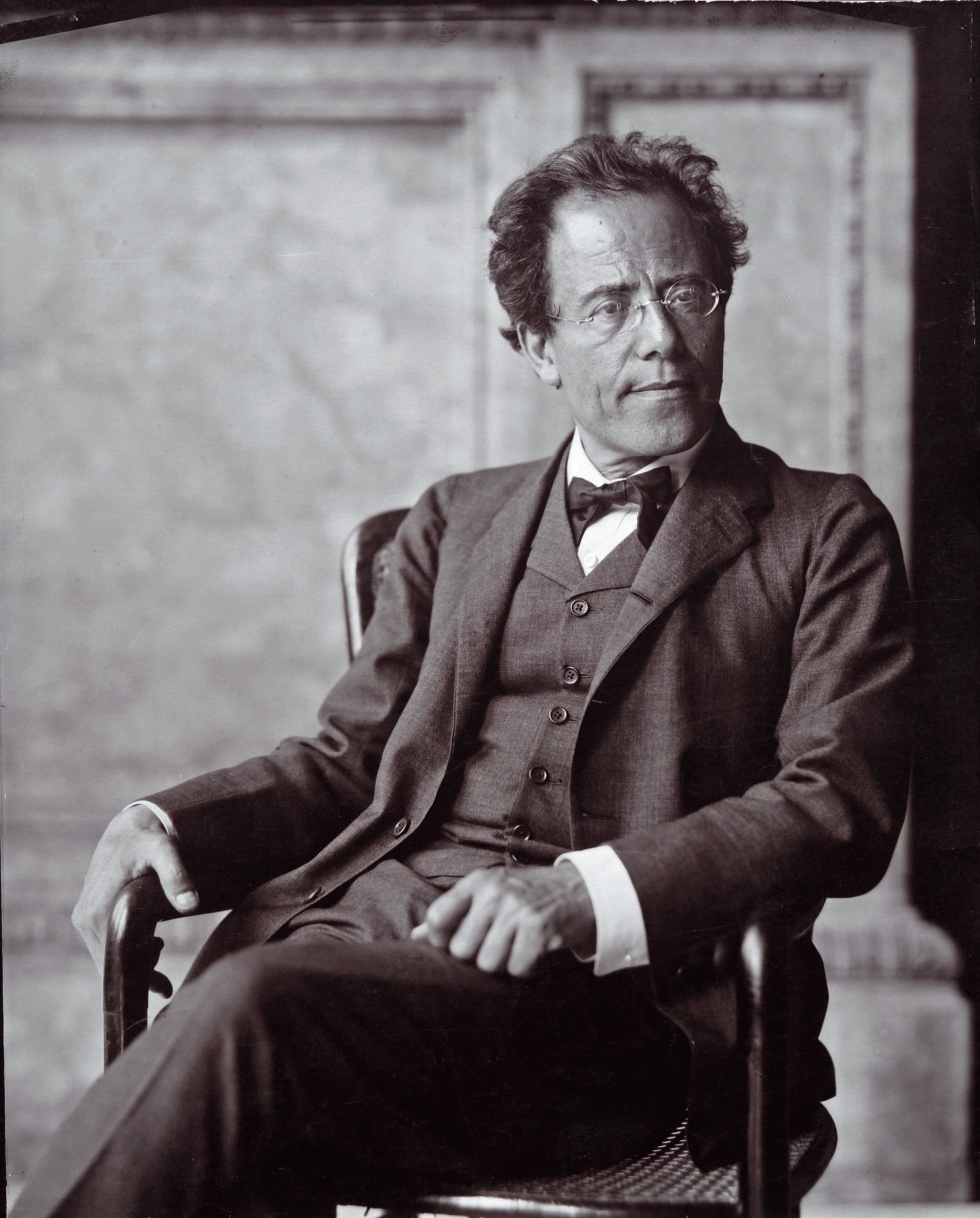Collaborative Arts commemorates the Armistice with Mahler and war poetry

Between Halloween and Thanksgiving this year will be another, more momentous occasion: the 100th anniversary of the Armistice that halted World War I.
The Collaborative Arts Institute of Chicago commemorated this event Sunday afternoon with a presentation at Symphony Center’s Grainger Ballroom. The program interleaved excerpts from Mahler’s Des Knaben Wunderhorn with poetry from World War I, performed by singers Emily Birsan, Julie Miller, and Ricardo José Rivera, with the Caroga Arts Ensemble conducted by Alexander Platt. Benjamin Busch serving as narrator.
Des Knaben Wunderhorn is not a true song cycle, in the tradition of Schubert’s Winterreise or Schumann’s Dichterliebe. It is, instead, a collection of assorted folk poems that Mahler set throughout his career (and often drew upon for his symphonies). Consequently, it is particularly well-suited to concert programs like this, which custom-tailor the selection and ordering of songs to form a cohesive narrative.
Naturally, since Mahler died in 1911 and his texts date from the first decade of the 19th century, the connection to World War I is a bit of a contrivance. But it is a contrivance that worked. The chosen poems were exactly the ones you’d expect—Rupert Brooke’s “The Soldier,” familiar verses from Wilfred Owen and Siegfried Sassoon—but the juxtapositions were striking.
Hemingway’s stark depiction of shell-shock in “Soldier’s Home” rubbed shoulders with Mahler’s humorous depiction of a soldier’s homecoming in “Selbstgëfuhl.” And Owen’s depiction of hell in “Strange Meeting” sat side-by-side with Mahler’s depiction of heaven in “Das himmlische Leben.”
This performance used a chamber arrangement by Wolfgang Renz, which was being heard in its U.S. premiere. The program notes claim that the use of these arrangements “represents an attempt to convey the intimacy and strangeness” of the piece’s premiere “in a more contemporary context.” But Mahler’s music hardly needs any help in sounding either strange or contemporary.
Renz’s reduced arrangements aren’t bad, as far as they go. But, inevitably, a great deal is lost. Mahler painted these songs in primary colors—a splash of brass here, a spurt of woodwind there. With an orchestra this small, Renz is forced to blend different instruments, and the resulting hodgepodge simply doesn’t sound like Mahler.
Besides the compromised orchestrations, the other liability was actor Benjamin Busch’s mannered readings of the poems. He dropped his voice at the end of nearly every line to a husky whisper, an affectation that became predictable and annoying as the evening wore on.
Fortunately, the level of musicianship in the performances was very high.
Ricardo José Rivera possesses a round, flexible baritone. He negotiated Mahler’s tricky register shifts well, and capped “Scheiden und Meiden” with a solid high note. But his delivery was consistently over-earnest and unvaried—missing a necessary archness for “Selbstgefühl,” and the emotional intensity to capture the madness into which some of the soldier characters had descended.
In her songs, mezzo-soprano Julie Miller revealed a knack for vocal characterization. Her maiden in “Trost im Unglück” was perfectly disdainful and falsely prim. In “Das irdische Leben,” she effectively contrasted the desperation of the starving child with the mother’s efforts to sound reassuring.
Soprano Emily Birsan received only three vocal opportunities all evening: the opening and closer of the concert (“Frühlingsmorgen” and “Das himmlische Leben” respectively), and a duet with Rivera (“Wo die schönen Trompeten blasen”). Such scarcity was a pity, as her appearances were the most successful, particularly “Das himmlishche Leben,” also known as the finale of Mahler’s fourth symphony. Too often, sopranos’ voices sound too mature for the child narrator, or the singers go overboard affecting a cutesy girlishness. But Birsan’s timbre and delivery were just right: clear, sweet, and direct.
Throughout the concert, Alexander Platt conducted with a sure sense of pacing, every rubato judged shrewdly. He and the Caroga Arts Ensemble brought drive when the music was martial, and warmth when it was lyrical. All that was missing was a greater willingness to indulge Mahler’s vulgar side—as in “St. Anthony’s Sermon to the Fishes,” which needed more sleaze and bite to the woodwind lines.
But no one could deny the vitality Platt and the ensemble brought to “Lied des Verfolgten im Turim,” the most impactful performance of the evening.
Posted in Performances




